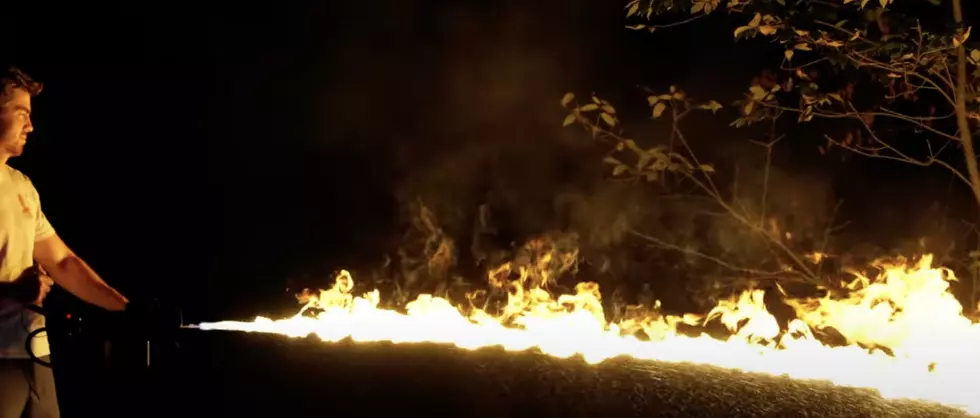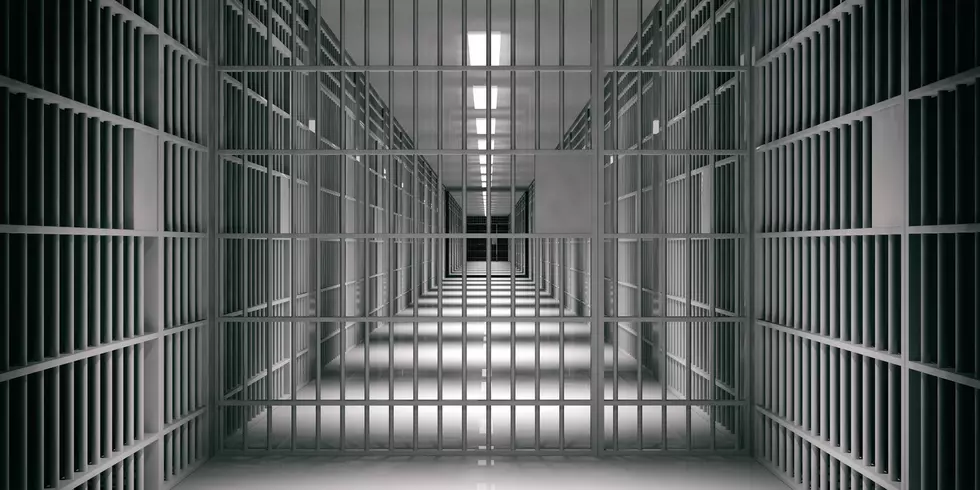
WEEKEND WEATHER: Cooler, With Snow By Next Week?
It was nice while it lasted. Thursday's above average temperatures were already a distant memory by next day, as Friday brought gusty winds and cooler temps across the Hudson Valley. The weekend ahead looks to be around average temperature-wise, but forecasters are watching for a potential storm by next week. Could snow be arriving just before Thanksgiving? Some of the weather models seem to be in disagreement over the path of the storm.
Highs Friday will be in the 40s, with occasional gusty winds bringing wind chills down in the 30s on occasion. Overnight will be downright cold, with lows in the mid to upper 20s. Saturday will see a mixture of sun and clouds and highs in the 40s. Lows should remain in the low 30s Saturday night. Sunday will see the next chance for precipitation late, as highs will be in the upper 40s with the chance for rain late. Showers are expected to persist overnight, as lows will stay in the mid 40s.
Some meteorologists are saying the Northeast could see soaking rain as the next front pushes through the area by early week. Monday will also be slightly warmer, as the rains will eventually clear out later during the day. Highs will be in the 50s, though it will turn much colder by later in the afternoon. Some light snow could also fall, though the best chance for more significant snow will be upstate. Lows will fall to around 30 overnight.
LOOK: The most expensive weather and climate disasters in recent decades
KEEP READING: Get answers to 51 of the most frequently asked weather questions...
TIPS: Here's how you can prepare for power outages
More From WPDH-WPDA









